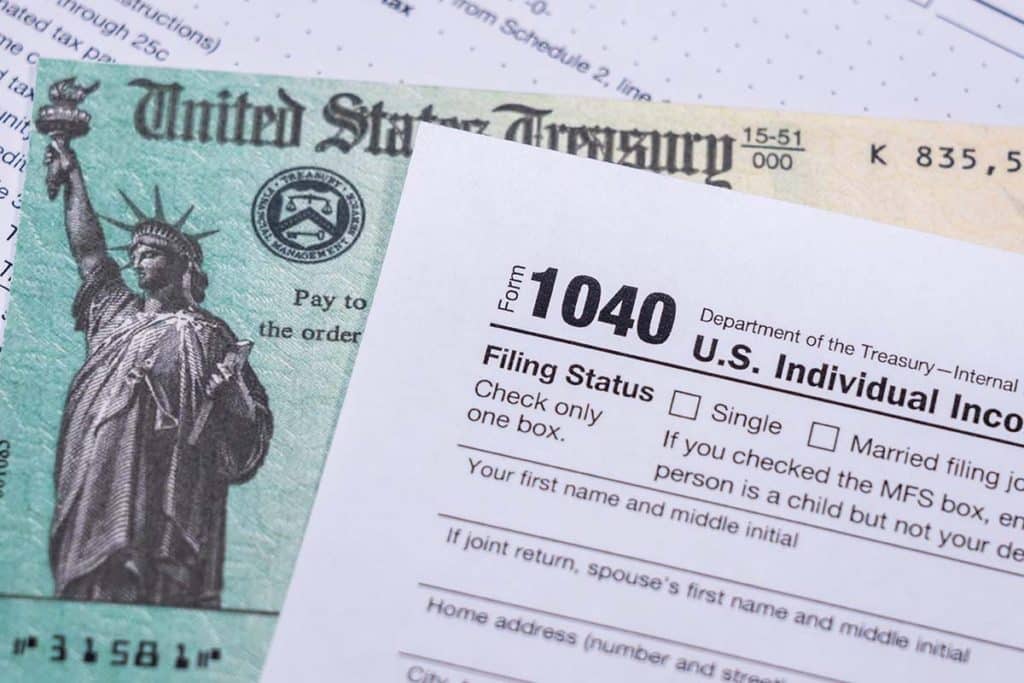“Learn the rules well, so you can break them effectively”.
– Dalai Lama
Opening a blog post about taxes with a quote by the Dalai Lama might seem dramatic, but it actually sets the right tone for the topic. There’s another version of the same quote, often attributed to Picasso, which states “Learn the rules like a pro, so you can break them like an artist”. It’s the same concept, but we like the Dalai Lama version in this context.
Here’s the point: paying taxes can in fact feel more like an art than a science, and it’s an area rife with emotion and often fear. We’re here to remove some of the confusion and position you to operate from a place of strength and knowledge (or at least have better conversations with your accountant). This post is about how to legally reduce your self-employment taxes so you’re not inadvertently sacrificing funds just because you didn’t know better. In short, tax avoidance!
Tax Avoidance vs. Tax Evasion
The term “tax avoidance” sounds a bit sinister. But it isn’t the same as “tax evasion”! One’s legal and one isn’t. As long as you’re playing within the rules and aren’t hiding anything from the IRS, it’s about knowing your options to avoid overpaying your taxes.
Tax avoidance = legally reducing your taxable income by using deductions, claiming credits, and investing in tax-advantaged accounts, as allowed by the US tax code
Tax evasion = concealing information about your financial situation from the IRS or other tax authorities, such as your CPA
Tax avoidance is about knowing the rules so you can keep more of what’s rightfully yours. Tax evasion involves lying, hiding and failing to report money that you owe, which is essentially stealing. Before we break down some good ways to legally reduce your taxes, let’s clarify what’s not legally acceptable so that the difference between the two is a bit clearer.
Examples of Tax Evasion
Tax evasion occurs when someone conceals or distorts their financial situation to pay less tax. This is illegal and can lead to hefty fines and worse. This can include:
- Not reporting cash income
- Not reporting overseas income
- Not reporting cryptocurrency earnings
- Claiming personal expenses as tax-deductible business expenses
- Asking clients to make checks payable to your personal account, and not recording the amount as a business payment
There are obviously more intricate and nefarious ways to conduct tax evasion, but that’s what Netflix movies are for. Instead, let’s focus on how to legally reduce what you pay in taxes.
6 Ways for Business Owners to Legally Avoid or Reduce Taxes
This list isn’t fully exhaustive, but it paints a good picture of things to consider as someone who is self-employed. Each item has a set of options, but this way you’re aware of the playing field and will have a better sense of how to keep what’s legally yours, come tax season.
1. Self-employment tax deduction.
The standard self employment tax for business owners and independent contractors is 15.3% of your net earnings, after business expenses. This covers your Medicare and Social Security contribution. The IRS considers half of this tax to be a business expense, which means you should:
- Calculate your self-employment tax off of 92.35% of your net earnings. By removing half of your self employment tax (7.65%) from your net earnings, you make sure you don’t pay taxes on money you will deduct down the line (see below)
- Deduct 50% of what you paid in self employment tax from your Net Earnings when you calculate your taxable income.
2. Deduct for business expenses.
Savvy business owners take full advantage of business expenses that can be deducted from their income when filing taxes. This includes things like home office deductions, phone bills and internet, raw materials for your craft, marketing and advertising costs, office supplies, client meetings, business trips, education related to your field, and more. A detailed list of deductible business expenses can be found on the IRS website.
3. Contribute to a retirement plan.
This is a smart way to reduce your taxable income, while simultaneously investing in your future. Small business owners have several retirement account options to consider, such as a Roth IRA, a SEP-IRA and a Solo 401(k).
4. Contribute to an HSA.
This is about using tax-free savings to cover medical expenses such as doctor visit copays, deductibles and even specific items like prescriptions, contact lenses, dental and vision care. As a self-employed individual, if you’re covered by a high-deductible health plan (HDHP), you are eligible for a health savings account (HSA). This is ideal for people who are relatively healthy and aren’t likely to get sick, since the deductible is higher. However, you’ll have lower monthly premiums and an HSA where you can transfer pre-tax income.
5. Donate to charity.
In 2024, taxpayers must claim charitable contributions as itemized deductions on Schedule A of IRS Form 1040 under “Gifts to Charity”. So, it’s important to ask for a tax receipt anytime you donate clothing, make an online donation, attend a charity event (virtual or in-person), as these are all tax deductible. Even volunteering expenses like gas mileage can be included.
6. Child Tax Credit.
For business owners with children, the Child Tax Credit (CTC) represents a further opportunity to reduce their taxes. For your 2023 taxes, the initial amount tax credit is $2,000 for each qualifying child. As well, a child must be under age 17 at the end of the calendar year to qualify for the tax credit.
How Lili Helps Prepares Business Owners for Tax Season
Figuring out how to reduce your taxes and avoid overpaying can be complicated! That’s exactly why we created our Tax Preparation software, which makes it easy to track and manage your business expenses, estimate your taxes, and automatically set aside money for tax payments, so you can approach tax season with peace of mind. Reduce the time and energy you expend on taxes so you can instead focus on growing your business, rather than moonlighting as a CPA!




